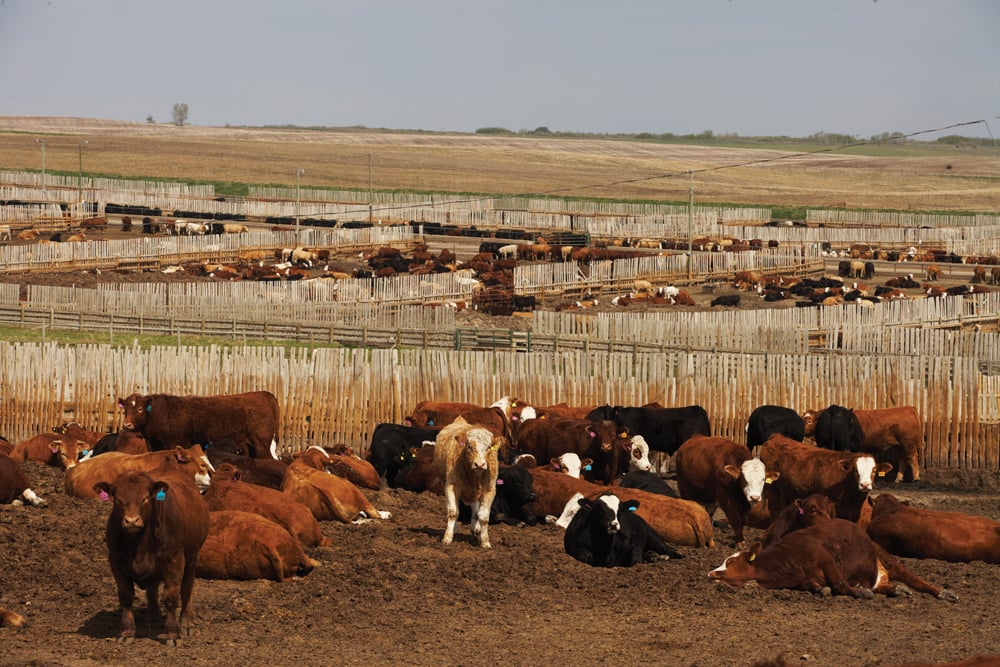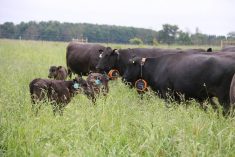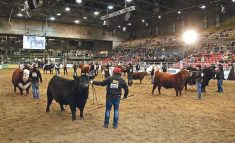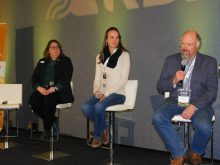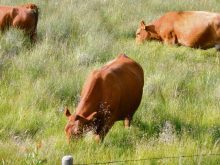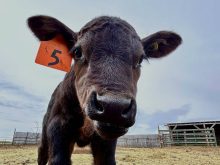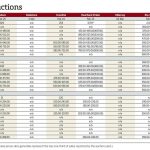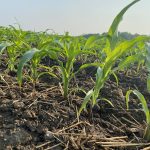One proposal to resolve contentious issue of non-refundable checkoffs shot down in May and a new one is still being ‘analyzed’
Despite years of talks, the Alberta Cattle Feeders Association and Alberta Beef Producers still appear to be far apart in making a non-refundable provincial checkoff a reality.
A new proposal was put on the table late last month, but while the chair of Alberta Beef Producers describes it as a major step forward, his counterpart at the Cattle Feeders organization said it’s not good enough to present to his members.
“We’ve been talking with the Alberta Cattle Feeders on and off for probably four years,” said Bob Lowe, chair of Alberta Beef Producers (ABP). “Since last November, probably, we’ve had some really good meetings and we’re making huge headway, as far as coming up with a proposition basically for how the money would be distributed with a non-refundable checkoff.”
Read Also
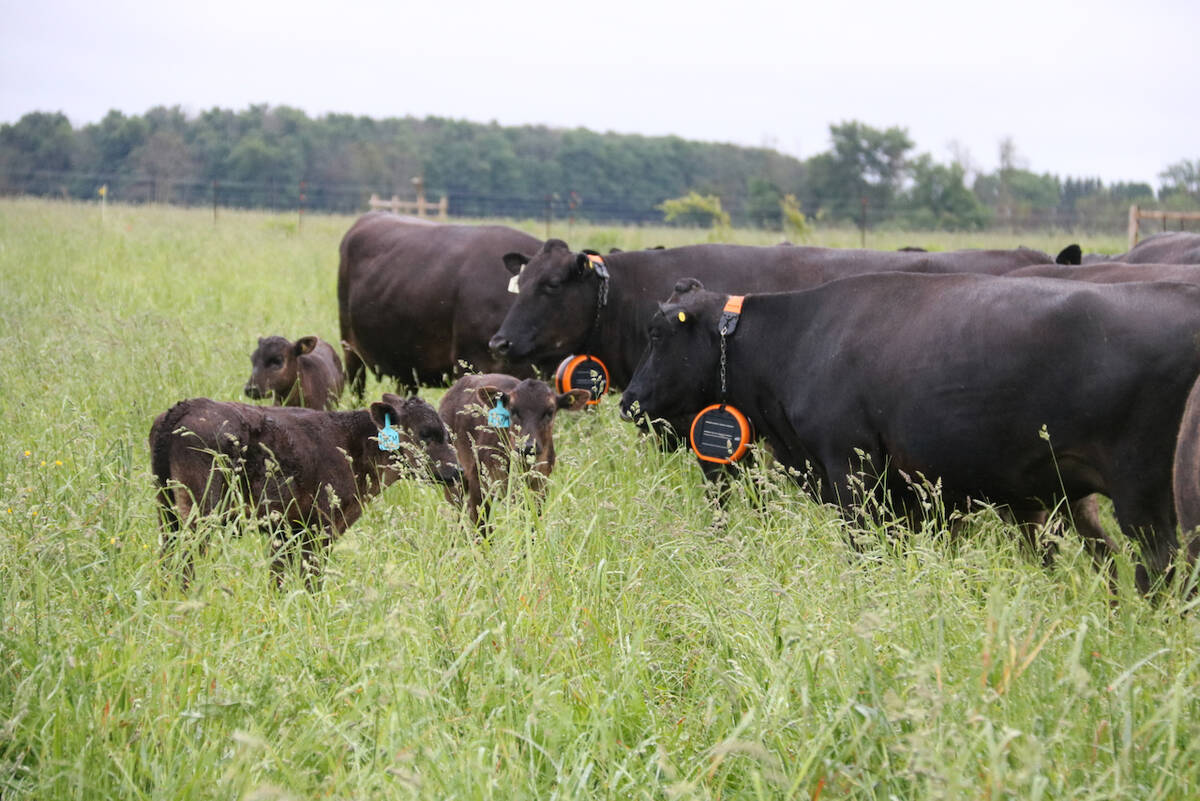
How soil fertility management can boost pasture yield by 43 per cent
Learn how soil testing and targeted fertilization can increase pasture biomass by 43%. Expert tips on N, P, and K management for beef cattle producers.
But Martin Zuidhof, chair of the Alberta Cattle Feeders Association, offered a different take on the latest proposal.
“We looked at it, and didn’t say a lot, and that’s kind of where we left it. We’ll look at it closer and consider our options from there,” said Zuidhof, who operates a feedlot near Lacombe.
But it won’t be presented to his membership as is, he said.
“It puts the Cattle Feeders in a more vulnerable position and a lot more risk than now,” he said.
The former Conservative government made the provincial checkoff refundable in 2009, and ABP has been lobbying the province to reverse that decision ever since, arguing millions in refunds have hurt both market development and research efforts. The lobbying finally produced a partial result in April when legislation allowing non-refundable checkoffs was passed.
But the legislation came with a catch.
“All this did was allow a non-refundable checkoff by any commission,” said Lowe. “(Agriculture Minister Oneil Carlier) also stated that even though this was allowed now, he would require a plebiscite from producers.”
It’s believed that both cattle organizations would have to have a plebiscite, and although the executives of the two groups have been in ongoing discussions, there’s been no deal so far. They appeared to have made a breakthrough in March when they agreed on “a concept” to resolve the issue.
It was “based on the creation of the Alberta Beef Industry Development Fund to support research, market development and industry collaboration” with “a portion” going to the Cattle Feeders for its organizational costs, according to the minutes of ABP’s May 4 board meeting. That prompted a “lengthy discussion among the directors about the pros and cons of the proposal” and ended with the ABP board rejecting it, the minutes state.
“It’s been kind of challenging and hasn’t always been that fruitful,” Zuidhof said of negotiations so far. “We continue to pursue it in the interest of what’s best for the beef business, not necessarily what’s better for one organization or the other.”
Currently there is a $3 checkoff for every animal sold in Alberta — $2 goes to ABP with a non-refundable $1 portion for a national checkoff. Refunds, mostly to cattle feeders, cost Alberta Beef Producers about $2.4 million a year.
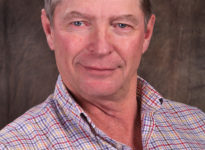
“Not all of that money is vanishing. There is a portion of it that is going back into industry. There’s no way of monitoring how much that is,” said Lowe, who operates Bear Trap Feeders near Nanton.
ABP has said the money could be used for promotion and development.
“On the flip side, if you look further, they need more money but they haven’t been running short for the last few years either,” said Zuidhof. “You’d think when your income drops by a couple of million dollars a year, that you might have to dip into reserves. But I’m not sure a lot of that has had to happen either.”
Many feeders are also opposed to the concept of mandatory checkoff funding.
“The Cattle Feeders is a totally voluntary organization,” said Zuidhof. “It doesn’t get any mandatory funds from anybody. It keeps us close to what is important to the membership.”
But the boards of both groups agree that the cattle industry benefits from having strong provincial organizations.
“So under a non-refundable checkoff situation, how do you keep both organizations viable?” said Lowe. “That’s where we started the negotiations.”
Zuidhof said the Cattle Feeders is committed to building a strong Alberta beef industry.
“A lot of us in the Cattle Feeders have next-generation involvement in the beef business,” he said. “We like to see a strong, vibrant industry on all levels, and on the packing side too.”


